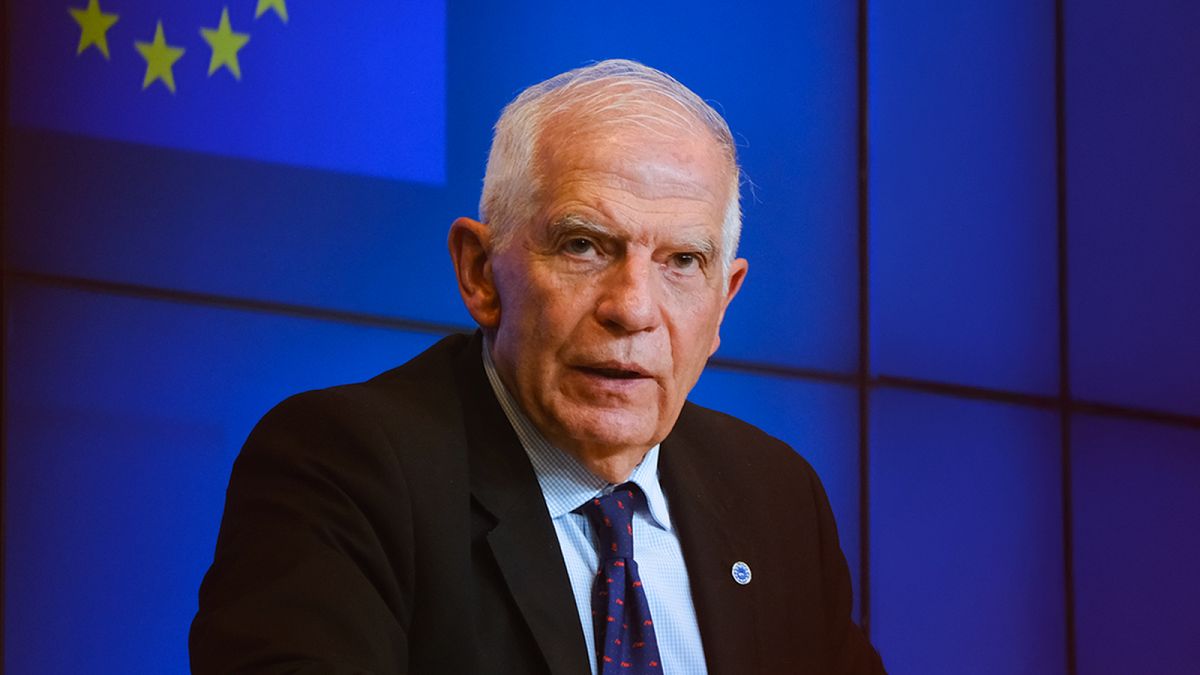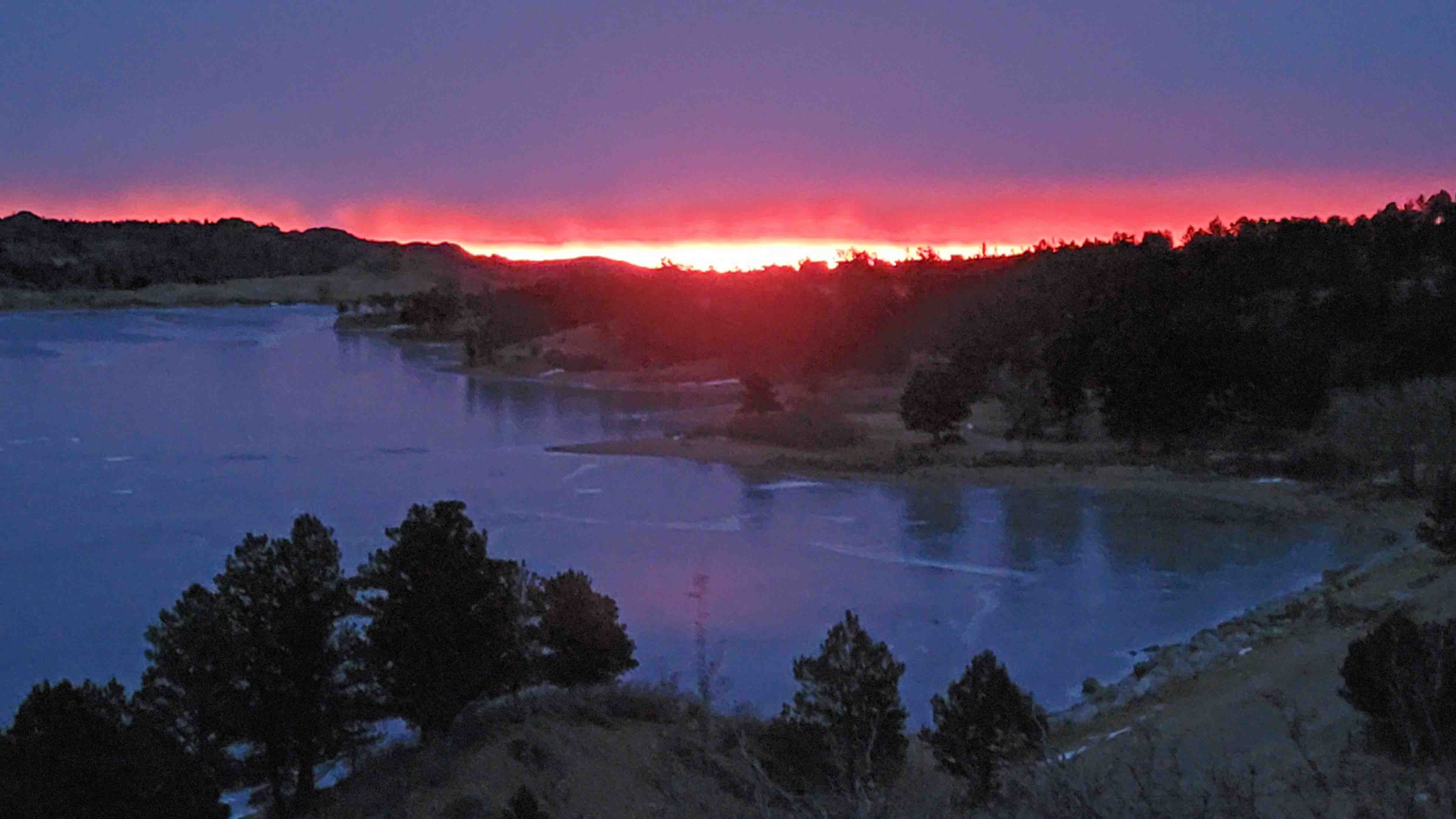World
Josep Borrell on Wagner mutiny: ‘The monster acts against his creator’
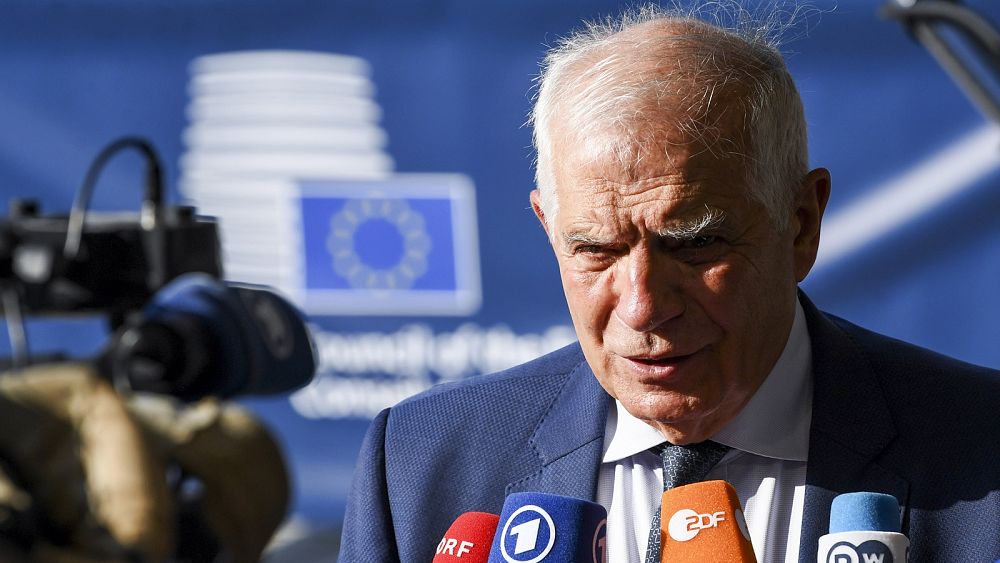
Foreign affairs ministers of the European Union gather in Luxembourg on Monday as they digest the aftermath of the attempted military coup in Russia.
While the meeting was supposed to focus on military assistance to Ukraine, tensions between Kosovo and Serbia, sanctions against Iran and relations with Latin America, the stunning events that took place over the weekend have upended the agenda.
Ministers are still trying to make sense of the 36-hour-long dramatic saga that saw Yevgeny Prigozhin and his mercenary troops of the Wagner Group rebel against Russia’s leadership, posing the greatest threat to Vladimir Putin’s grip on power since his arrival in the Kremlin more than 20 years ago.
“The war against Ukraine launched by Putin, and the monster that Putin created with Wagner (…) is biting him now. The monster is acting against his creator,” said Josep Borrell, the EU’s foreign policy chief, upon arrival at the meeting.
“The political system is showing its fragilities and the military power is cracking. So this is an important consequence of the war in Ukraine.”
Borrell avoided speculating about Prigozhin’s whereabouts or the possible impact of the failed coup on the war’s evolution.
“Certainly, it’s not a good thing to see a nuclear power like Russia going into a phase of political instability,” Borrell told reporters.
Annalena Baerbock, Germany’s foreign affairs minister, remained cautious in her assessment, describing the short-lived rebellion as a “domestic power struggle” in which the EU is not going to interfere.
“With this brutal war of aggression, Russia is destroying, Putin is destroying his own country,” Baerbock said.
Her French counterpart, Catherine Colonna, was equally careful and said the international community was yet to see the “full consequences” of the insurgency.
“Nevertheless, these events do raise a lot of questions, and perhaps more questions than answers,” Colonna said. “At the moment, it is clear that (the events) have underlined the fact that there have been internal tensions and that there are even cracks, fractures and flaws in the system.”
Meanwhile, Lithuania’s Gabrielius Landsbergis urged Western allies to reinforce Europe’s eastern flank in reaction to the growing “unpredictability” inside Russia.
“We’re seeing how fast things can transpire,” Landsbergis said. “It took half a day for a military detachment to move 200 kilometres away from Moscow. So imagine how fast can they do that crossing Belarus and appearing on Lithuania’s border.”
Landsbergis raised questions about the deal reportedly brokered by Aleksander Lukashenko, the Belarusian president, which led Prigozhin to abruptly call off the mutiny and pull back his troops. The details of the deal have not been made public but it is believed that Prigozhin is supposed to live in exile somewhere in Belarus while Wagner soldiers will be pardoned and given the chance to be incorporated into the Russian Armed Forces.
According to the Lithuanian minister, Lukashenko, who has held uninterrupted power since 1994, stepped into the fray out of self-interest to preserve his own political career.
Lukashenko is “so much dependent on the Kremlin, and if Kremlin is not supporting him any longer, that means that he might end his career prematurely,” Landsbergis said.
The deal is heavily shrouded in mystery, making it impossible to determine Wagner’s future as a mercenary organisation or Prigozhin’s authority. For the time being, the Kremlin has not announced any changes to Russia’s military leadership, one of Prigozhin’s key demands.
“We don’t need to think about changing the regime in Russia, and we don’t need to plan it. Russians are completely capable to do that on their own,” Landsbergis said.
“Russians will solve Russia.”

World
New 2025 laws hit hot topics from AI in movies to rapid-fire guns
Artificial intelligence. Abortion. Guns. Marijuana. Minimum wages.
Name a hot topic, and chances are good there’s a new law about it taking effect in 2025 in one state or another.
Many of the laws launching in January are a result of legislation passed this year. Others stem from ballot measures approved by voters. Some face legal challenges.
Here’s a look at some of the most notable state laws taking effect:
Director of Photography Jac Cheairs and his son, actor Wyatt Cheairs, 11, take part in a rally by striking writers and actors outside Netflix studio in Los Angeles on Friday, July 14, 2023. (AP Photo/Chris Pizzello, File)
Hollywood stars and child influencers
California, home to Hollywood and some of the largest technology companies, is seeking to rein in the artificial intelligence industry and put some parameters around social media stars. New laws seek to prevent the use of digital replicas of Hollywood actors and performers without permission and allow the estates of dead performers to sue over unauthorized AI use.
Parents who profit from social media posts featuring their children will be required to set aside some earnings for their young influencers. A new law also allows children to sue their parents for failing to do so.
In advance of Instagram CEO Adam Mosseri’s Congressional testimony, to illustrate the harms children face on social media, parent activists brought an “Instagrinch” to the Capitol building in Washington, Dec. 7, 2021. (Eric Kayne/AP Images for ParentsTogether, File)
Social media limits
New social media restrictions in several states face court challenges.
A Florida law bans children under 14 from having social media accounts and requires parental consent for ages 14 and 15. But enforcement is being delayed because of a lawsuit filed by two associations for online companies, with a hearing scheduled for late February.
A new Tennessee law also requires parental consent for minors to open accounts on social media. NetChoice, an industry group for online businesses, is challenging the law. Another new state law requires porn websites to verify that visitors are at least 18 years old. But the Free Speech Coalition, a trade association for the adult entertainment industry, has filed a challenge.
Several new California measures aimed at combating political deepfakes are also being challenged, including one requiring large social media platforms to remove deceptive content related to elections and another allowing any individual to sue for damages over the use of AI to create fabricated images or videos in political ads.
Parents, students, and staff of Chino Valley Unified School District hold up signs in favor of protecting LGBTQ+ policies at Don Antonio Lugo High School, in Chino, Calif., June 15, 2023. (Anjali Sharif-Paul/The Orange County Register via AP, File)
School rules on gender
In a first nationally, California will start enforcing a law prohibiting school districts from adopting policies that require staff to notify parents if their children change their gender identification. The law was a priority for Democratic lawmakers who wanted to halt such policies passed by several districts.
Christian F. Nunes, president of National Organization for Women speaks as abortion rights activists and Women’s March leaders protest as part of a national day of strike actions outside the Supreme Court, Monday, June 24, 2024, in Washington. (AP Photo/Mark Schiefelbein, File)
Abortion coverage
Many states have passed laws limiting or protecting abortion rights since the U.S. Supreme Court overturned a nationwide right to the procedure in 2022. One of the latest is the Democratic-led state of Delaware. A law there will require the state employee health plan and Medicaid plans for lower-income residents to cover abortions with no deductible, copayments or other cost-sharing requirements.
Seized firearms are displayed during a news conference Wednesday, Feb. 13, 2019, in Los Angeles. (AP Photo/Jae C. Hong, File)
Gun control
A new Minnesota law prohibits guns with “binary triggers” that allow for more rapid fire, causing a weapon to fire one round when the trigger is pulled and another when it is released.
In Delaware, a law adds colleges and universities to a list of school zones where guns are prohibited, with exceptions for those working in their official capacity such as law officers and commissioned security guards.
Medical marijuana
Kentucky is becoming the latest state to let people use marijuana for medical purposes. To apply for a state medical cannabis card, people must get written certification from a medical provider of a qualifying condition, such as cancer, multiple sclerosis, chronic pain, epilepsy, chronic nausea or post-traumatic stress disorder. Nearly four-fifths of U.S. states have now legalized medical marijuana.
Minimum wages
Minimum wage workers in more than 20 states are due to receive raises in January. The highest minimum wages will be in Washington, California and Connecticut, all of which will top $16 an hour after modest increases.
The largest increases are scheduled in Delaware, where the minimum wage will rise by $1.75 to $15 an hour, and in Nebraska, where a ballot measure approved by voters in 2022 will add $1.50 to the current minimum of $12 an hour.
Twenty other states still follow the federal minimum wage of $7.25 an hour.
A man talks on his cell phone while driving in Los Angeles, Monday June 30, 2008. (AP Photo/Kevork Djansezian, File)
Safer traveling
In Oregon, using drugs on public transit will be considered a misdemeanor crime of interfering with public transportation. While the measure worked its way through the legislature, multiple transportation officials said drug use on buses and trains, and at transit stops and stations, was making passengers and drivers feel less safe.
In Missouri, law enforcement officers have spent the past 16 months issuing warnings to motorists that handheld cellphone use is illegal. Starting with the new year, penalties will kick in: a $150 fine for the first violation, progressing to $500 for third and subsequent offenses and up to 15 years imprisonment if a driver using a cellphone cause an injury or death. But police must notice a primary violation, such as speeding or weaving across lanes, to cite motorists for violating the cellphone law.
Montana is the only state that hasn’t banned texting while driving, according to the National Conference of State Legislatures.
Tax breaks
Tenants in Arizona will no longer have to pay tax on their monthly rent, thanks to the repeal of a law that had allowed cities and towns to impose such taxes. While a victory for renters, the new law is a financial loss for governments. An analysis by Arizona’s nonpartisan Joint Legislative Budget Committee estimated that $230 million would be lost in municipal tax revenue during the first full fiscal year of implementation.
Meanwhile Alabama will offer tax credits to businesses that help employees with child care costs.
Kansas is eliminating its 2% sales tax on groceries. It also is cutting individual income taxes by dropping the top tax rate, increasing a credit for child care expenses and exempting all Social Security income from taxes, among other things. Taxpayers are expected to save about $320 million a year going forward.
Election board inspector Pat Cook readies “I Voted” stickers for voters during early voting in Oklahoma City, Friday, Oct. 29, 2010. (AP Photo/Sue Ogrocki, File)
Voting rights
An Oklahoma law expands voting privileges to people who have been convicted of felonies but had their sentences discharged or commuted, including commutations for crimes that have been reclassified from felonies to misdemeanors. Former state Sen. George Young, an Oklahoma City Democrat, carried the bill in the Senate.
“I think it’s very important that people who have gone through trials and tribulations in their life, that we have a system that brings them back and allows them to participate as contributing citizens,” Young said.
___
Associated Press writers Trân Nguyễn in Sacramento, California; Kate Payne in Tallahassee, Florida; Jonathan Mattise in Nashville, Tennessee; Randall Chase in Dover, Delaware; Steve Karnowski in Minneapolis; Bruce Schreiner in Frankfort, Kentucky; Claire Rush in Portland, Oregon; Summer Ballentine in Jefferson City, Missouri; Gabriel Sandoval in Phoenix; Kim Chandler in Montgomery, Alabama; John Hanna in Topeka, Kansas; and Sean Murphy in Oklahoma City contributed.
World
Russia downplays speculation over deadly Azerbaijan Airlines crash as report lays blame for downed plane
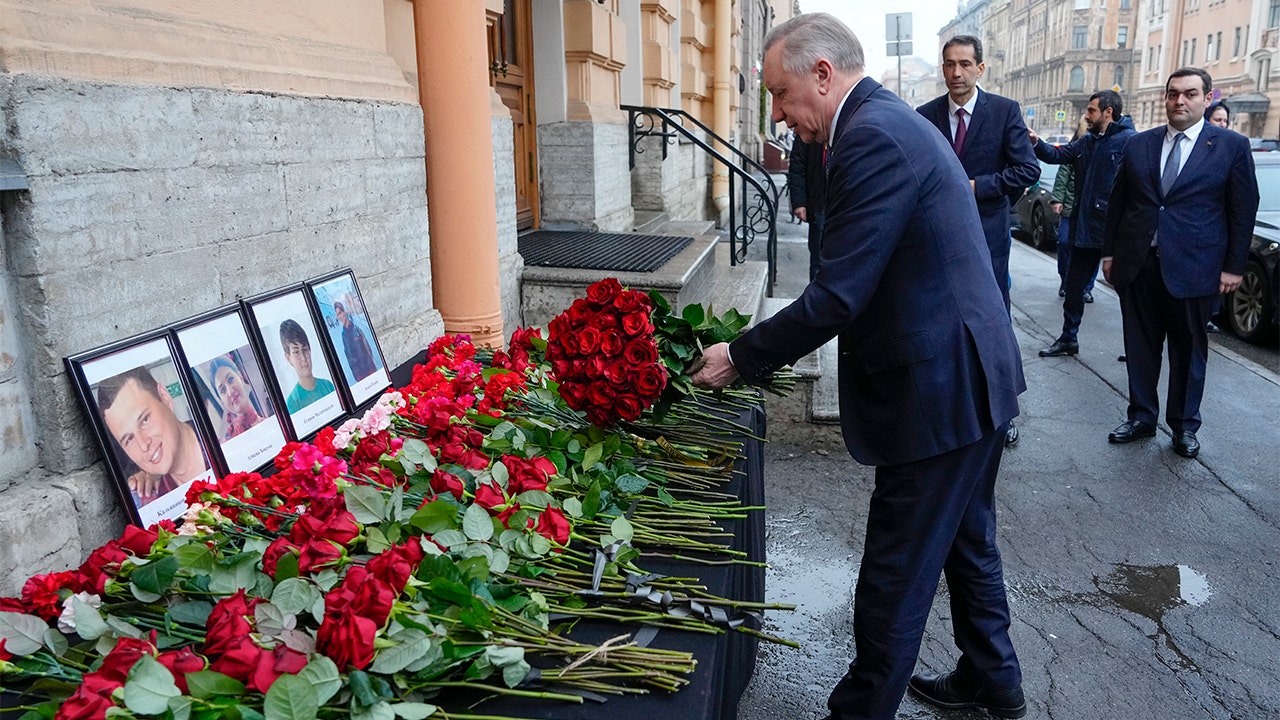
An Azerbaijan Airlines flight that crashed in Kazakhstan on Wednesday, killing 38 people, was shot down by a Russian air defense system, Reuters reported Thursday.
The report cited four sources in Azerbaijan familiar with the investigation into the crash. One of the sources said preliminary results showed the plane was struck by a Russian Pantsir-S air defense system, and its communications were paralyzed by electronic warfare systems on the approach into Grozny, Reuters reported.
“No one claims that it was done on purpose,” the source told Reuters. “However, taking into account the established facts, Baku expects the Russian side to confess to the shooting down of the Azerbaijani aircraft.”
Officials in Russia and Kazakhstan have remained tight-lipped after the Azerbaijan Airlines flight crashed near the Kazakh city of Aktau with dozens of souls aboard.
RUSSIA BEING BLAMED FOR AZERBAIJAN AIRLINES PLANE THAT CRASHED HUNDREDS OF MILES OFF COURSE, KILLING DOZENS
The crash near the Kazakhstani city of Aktau killed 38 people on Christmas Day. (Azamat Sarsenbayev)
A Ukrainian national security official has blamed Russian air defense fire for the deadly crash, which killed 38 people on Christmas Day.
The Embraer 190 passenger jet flying from Azerbaijan to Russia had 62 passengers and five crew on board, according to Kazakh authorities. It had flown hundreds of miles off its scheduled route to crash on the opposite shore of the Caspian Sea. Twenty-nine people survived.
Video of the crash showed the plane descending rapidly before bursting into flames as it hit the seashore, and thick black smoke then rising, Reuters reported.
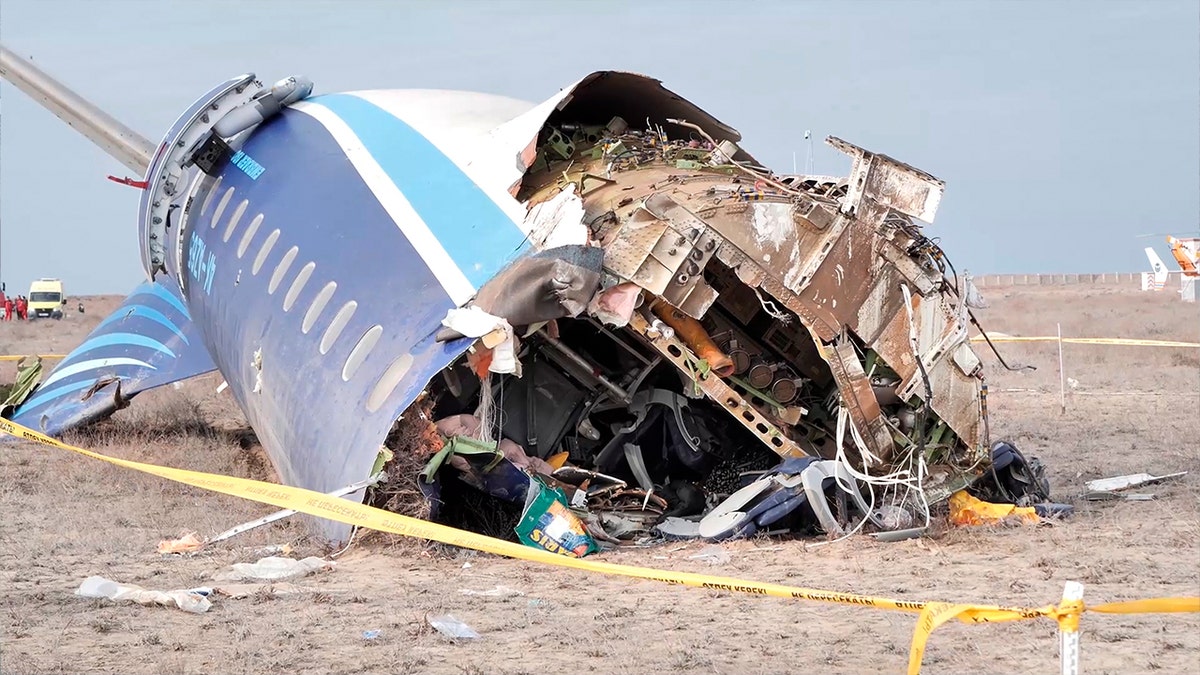
The plane was en route from the Azerbaijani capital of Baku to the Russian city of Grozny in the North Caucasus, the Associated Press reports. (The Administration of Mangystau Region)
Officials did not immediately explain why the plane had crossed the sea, but the crash came shortly after drone strikes hit southern Russia. Drone activity has shut down airports in the area in the past and the nearest Russian airport on the plane’s flight path was closed on Wednesday morning.
On Thursday, Kremlin spokesman Dmitry Peskov said the cause of the crash is under investigation. He told reporters that “it would be wrong to make hypotheses before investigators make their verdict,” the Associated Press reported.
Kazakhstan’s parliamentary Speaker Maulen Ashimbayev also warned against rushing to conclusions based on pictures of the plane’s fragments, describing the allegations of air defense fire as unfounded and “unethical.”
Other officials in Kazakhstan and Azerbaijan have likewise declined to comment on the cause of the crash and pointed to the ongoing investigations for answers, according to the AP.
MORE THAN 30 DEAD IN BRAZIL BUS AND TRUCK COLLISION
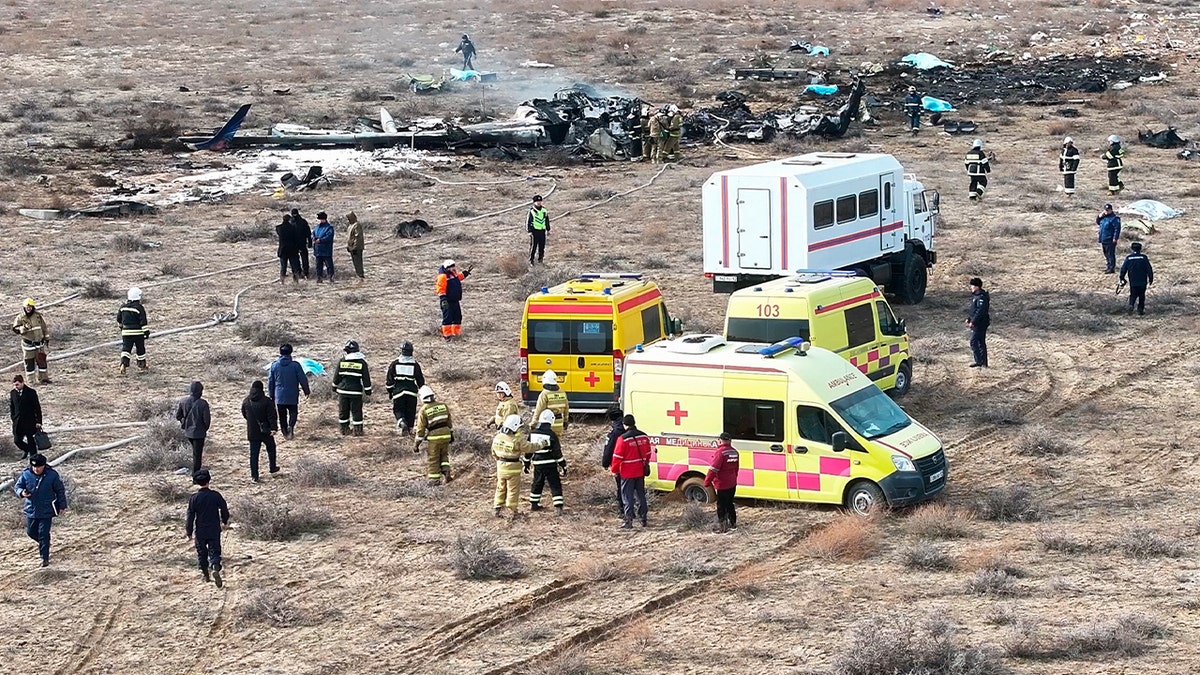
Emergency crews at the site of the Azerbaijani airliner crash on Dec. 25, 2024. (Azamat Sarsenbayev)
Earlier, Ukrainian national security official Andriy Kovalenko blamed a “Russian air-defense system” for the crash in an X post on Wednesday.
“However, admitting this is inconvenient for everyone, so efforts will be made to cover it up, even the holes in the remaining parts of the aircraft,” Kovalenko claimed.
Aviation-security firm Osprey Flight Solutions also said the flight was “likely shot down by a Russian military air-defense sytem,” the Wall Street Journal reported Wednesday night.
“Video of the wreckage and the circumstances around the airspace security environment in southwest Russia indicates the possibility the aircraft was hit by some form of antiaircraft fire,” Matt Borie, Osprey’s chief intelligence officer, said in an interview.
MALAYSIA AGREES TO RESUME ‘NO FIND, NO FEE’ HUNT FOR FLIGHT MH370, 10 YEARS AFTER PLANE DISAPPEARED
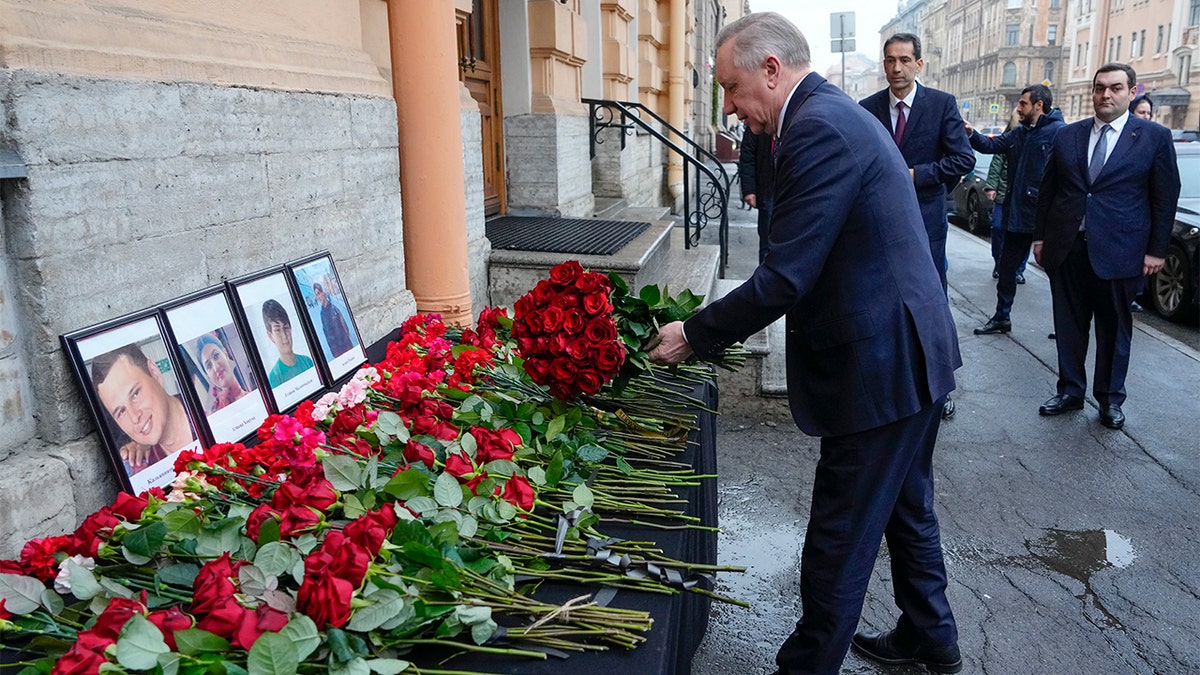
St. Petersburg Gov. Alexander Beglov places flowers at the Consulate of Azerbaijan in memory of the crash victims, in St. Petersburg, Russia, Thursday, Dec. 26, 2024. (AP Photo/Dmitri Lovetsky)
Russia’s aviation watchdog, meanwhile, said it was an emergency that may have been caused by a bird strike.
The Kremlin did not immediately respond to a request for comment.
Azerbaijan observed a national day of mourning on Thursday for the 38 victims of the plane crash. National flags were lowered across the country, traffic stopped at noon and signals were sounded from ships and trains as the people observed a nationwide moment of silence, the AP reported.
“We will never forget the beloved people we lost in the crash of the ‘Embraer-190’ aircraft,” Azerbaijan Airlines said in a statement Thursday. “This loss left a deep wound in the heart of an entire community. It reminds us to be more compassionate and connected to one another.”
“May the souls of those who tragically lost their lives rest in peace, and may their memory live on forever.”
Fox News Digital’s Pilar Arias and Elizabeth Pritchett, along with Reuters and the Associated Press contributed to this report.
World
EU preparing sanctions on Russia's 'shadow fleet' after cable damage

Countries in the region have been on alert following a string of incidents involving undersea cables and gas pipelines in the Baltic Sea since 2022.
The EU Foreign Policy chief has said the bloc is preparing sanctions on what it calls Russia’s ‘shadow fleet’ after an undersea power cable connecting Finland and Estonia was damaged in the Baltic Sea.
Kaja Kallas posted the joint statement from the EU Commission and the High Representative leading the investigation on X, saying the “suspected vessel is part of Russia’s shadow fleet, which threatens security and the environment, while funding Russia’s war budget.”
Kallas also said the EU was strengthening efforts to protect undersea cables, adding that there was no risk to regional electricity supplies.
That comes after Finnish authorities detained a Russian ship as part of an investigation into damage to the Estlink-2 power cable.
It carries electricity from Finland to Estonia across the Baltic Sea and went down on Wednesday.
Finnish police and border guards boarded the Eagle S vessel on Thursday and took over the command bridge, Helsinki Police Chief Jari Liukku said at a press conference.
The vessel was being held in Finnish territorial waters, police said.
The Eagle S is flagged in the Cook Islands but was described by Finnish customs officials and the European Union’s executive commission as part of Russia’s shadow fleet of fuel tankers.
Those are aging vessels with obscure ownership, acquired to skirt Western sanctions and operating without Western-regulated insurance.
Russia’s use of the vessels has raised environmental concerns about accidents given their age and uncertain insurance coverage.
The Eagle S’ anchor is suspected of causing damage to the cable, Yle television reported, citing police statements.
The Estonian government met in emergency session over the incident.
The shadow tankers “are helping Russia to earn funds that will aid Russian hybrid attacks,” Prime Minister Kristen Michal said at a news conference.
“We need to improve the monitoring and protection of critical infrastructure both on land and on sea.”
He said repairs to the cable could take as long as seven months.
“Repeated damage to Baltic Sea infrastructure signals a systemic threat, not mere accidents,” Estonia’s President Alar Karis said on X.
“Estonia will take action to counter this threat, together with Finland and other NATO allies.”
On high alert
Countries in the region have been on alert following a string of incidents involving undersea cables and gas pipelines in the Baltic Sea since 2022.
Two data cables — one running between Finland and Germany and the other between Lithuania and Sweden — were severed in November.
Germany’s defence minister said officials had to assume the incident was “sabotage,” but he didn’t provide evidence or say who might have been responsible.
And the Nord Stream pipelines that once brought natural gas from Russia to Germany were damaged by underwater explosions in September 2022.
Authorities have said the cause was sabotage and launched criminal investigations.
-
/cdn.vox-cdn.com/uploads/chorus_asset/file/24924653/236780_Google_AntiTrust_Trial_Custom_Art_CVirginia__0003_1.png)
/cdn.vox-cdn.com/uploads/chorus_asset/file/24924653/236780_Google_AntiTrust_Trial_Custom_Art_CVirginia__0003_1.png) Technology6 days ago
Technology6 days agoGoogle’s counteroffer to the government trying to break it up is unbundling Android apps
-

 News7 days ago
News7 days agoNovo Nordisk shares tumble as weight-loss drug trial data disappoints
-

 Politics7 days ago
Politics7 days agoIllegal immigrant sexually abused child in the U.S. after being removed from the country five times
-

 Entertainment1 week ago
Entertainment1 week ago'It's a little holiday gift': Inside the Weeknd's free Santa Monica show for his biggest fans
-

 Lifestyle1 week ago
Lifestyle1 week agoThink you can't dance? Get up and try these tips in our comic. We dare you!
-
/cdn.vox-cdn.com/uploads/chorus_asset/file/25672934/Metaphor_Key_Art_Horizontal.png)
/cdn.vox-cdn.com/uploads/chorus_asset/file/25672934/Metaphor_Key_Art_Horizontal.png) Technology2 days ago
Technology2 days agoThere’s a reason Metaphor: ReFantanzio’s battle music sounds as cool as it does
-

 Technology1 week ago
Technology1 week agoFox News AI Newsletter: OpenAI responds to Elon Musk's lawsuit
-

 News3 days ago
News3 days agoFrance’s new premier selects Eric Lombard as finance minister
